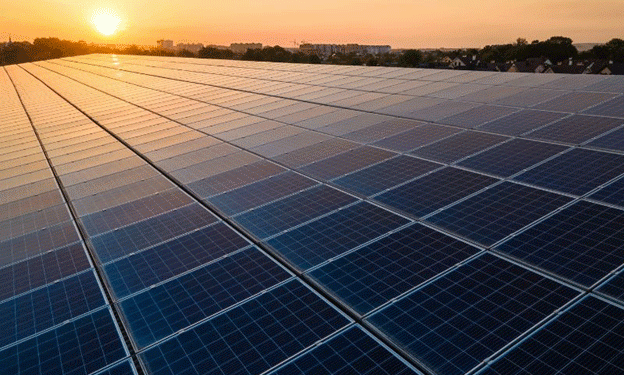Hydroponic farming, a method of growing plants without soil by using nutrient-rich water solutions, has gained traction in India due to its efficient use of resources and potential for higher yields. However, the energy-intensive nature of hydroponic systems, which require substantial electricity for lighting, water pumps, and climate control, can lead to high operational costs. To address this, many farmers are turning to solar energy as a sustainable and cost-effective power source.
A notable example is Harbar S. Dhindsa, co-founder and Chief Marketing Manager of Farmcult, who installed a 15 kW solar system on his 2.5-acre hydroponic farm in Punjab’s Rupnagar district. This initiative resulted in monthly savings of over ₹25,000 (~$291) on electricity bills, accounting for more than 60% of the farm’s monthly expenses. The ₹750,000 (~$8,747) investment was recouped within three years, demonstrating the financial viability of integrating solar power into hydroponic operations.
Hydroponic systems typically require approximately 30–32 watts per square foot of grow space to operate efficiently. This significant energy demand underscores the importance of adopting renewable energy sources like solar power to mitigate costs and reduce carbon footprints.
The Indian government supports such initiatives through programs like the Pradhan Mantri Kisan Urja Suraksha evam Utthaan Mahabhiyan (PM-KUSUM) scheme. Launched in 2019, PM-KUSUM aims to promote the use of solar energy in the agricultural sector by providing subsidies for installing solar pumps and grid-connected renewable energy plants. Farmers can receive up to a 60% subsidy from the central government, with additional state support and loans, making solar energy more accessible to small and marginal farmers.
Integrating solar energy with hydroponic farming presents a sustainable pathway to reduce operational costs and environmental impact. Real-world examples, supported by government initiatives like PM-KUSUM, demonstrate the financial and ecological benefits of this approach. As the agricultural sector continues to evolve, embracing renewable energy sources will be crucial for building resilient and sustainable farming systems.












